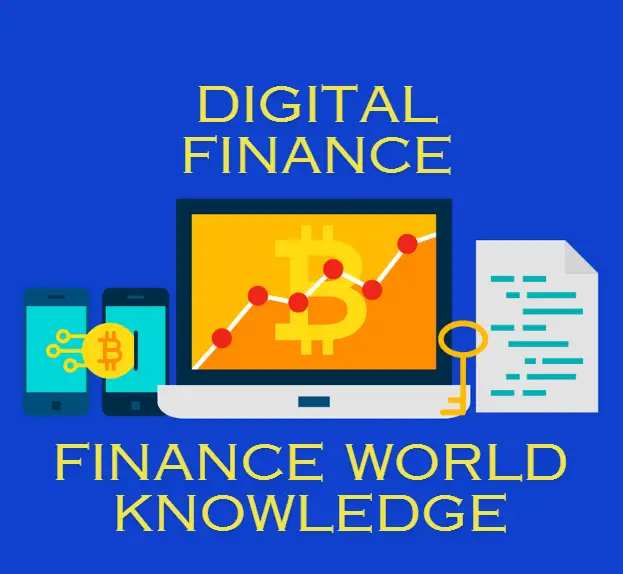The Future of Work: Adapting to Change and Securing Your Financial Future
The way we work is undergoing significant transformation, driven by technological advancements, shifting employment models, and evolving economic landscapes. While these changes bring exciting possibilities, they also present challenges that may impact job security and financial stability. However, by staying informed and taking proactive steps, you can navigate the shifting dynamics of work and ensure a secure financial future.

Emerging Trends in the Future of Work:
- Automation: Technological innovations are automating routine tasks, potentially altering job roles and skill requirements. While this may lead to job displacement in certain sectors, it also creates new opportunities in fields like technology development, data analysis, and artificial intelligence.
- Remote Work: The COVID-19 pandemic accelerated the adoption of remote work, offering flexibility and work-life balance benefits. However, it necessitates adjustments in communication, collaboration, and technological infrastructure, impacting the way individuals approach their work routines.
- Gig Economy: The rise of freelance and contract work provides flexibility but may lack traditional benefits like health insurance and retirement plans. While appealing to many, it requires careful financial planning and risk management to ensure long-term stability.
- Entrepreneurship: More individuals are pursuing entrepreneurship, drawn by the potential for autonomy and innovation. While entrepreneurship offers opportunities for financial growth, it also entails risks and demands strong self-management skills.
Financial Implications of Work Changes:
- Income Security: With traditional job security evolving, maintaining income stability becomes paramount. Diversifying income sources and building emergency funds can help buffer against financial uncertainties.
- Skill Development: Lifelong learning and upskilling are essential for staying relevant in a rapidly changing job market. Investing in acquiring new skills and staying updated with industry trends enhances employability and opens doors to new opportunities.
- Financial Planning: Adapting financial plans to accommodate changes in income streams and benefit structures is critical. This may involve revisiting savings goals, retirement plans, and insurance coverage to align with evolving work arrangements.
Benefits: As traditional employment benefits evolve, exploring alternative health insurance options and retirement savings vehicles becomes necessary to safeguard financial well-being.
Strategies for Thriving in the Future of Work:
- Continuous Learning: Embrace a mindset of lifelong learning and skill development. Engage in online courses, workshops, and professional networks to stay ahead of industry changes and expand your skill set.
- Networking: Cultivate professional relationships and networks to explore career opportunities and gain insights into emerging trends. Networking provides valuable support and guidance in navigating the evolving job landscape.
- Adaptability: Develop resilience and adaptability to embrace change and explore new career paths. Flexibility and openness to new challenges are essential for thriving in a dynamic work environment.
- Financial Wellness: Prioritize financial wellness by creating a comprehensive financial plan. Assessing income, expenses, savings, and investment strategies ensures financial stability amidst changing work conditions.
- Utilize Resources: Take advantage of available resources, including government programs, educational grants, and professional organizations, to support your financial and career goals.
Recent Developments:
- Reskilling Initiatives: Governments and organizations are investing in reskilling and upskilling programs to equip workers with relevant skills for emerging job roles and industries.
- Hybrid Work Models: The adoption of hybrid work models, combining remote and in-person work, offers flexibility and collaboration opportunities for employees and employers alike.
- Mental Health Support: Recognizing the importance of mental health, companies are providing resources and support to help employees manage stress and maintain well-being in the changing work environment.
In Conclusion:
The future of work presents both challenges and opportunities. By proactively adapting to evolving trends, investing in skills development, and prioritizing financial wellness, you can navigate the changing work landscape and secure a prosperous future. Remember to stay informed, remain adaptable, and seek support from professional networks and resources to thrive in the dynamic world of work.







Leave a Reply